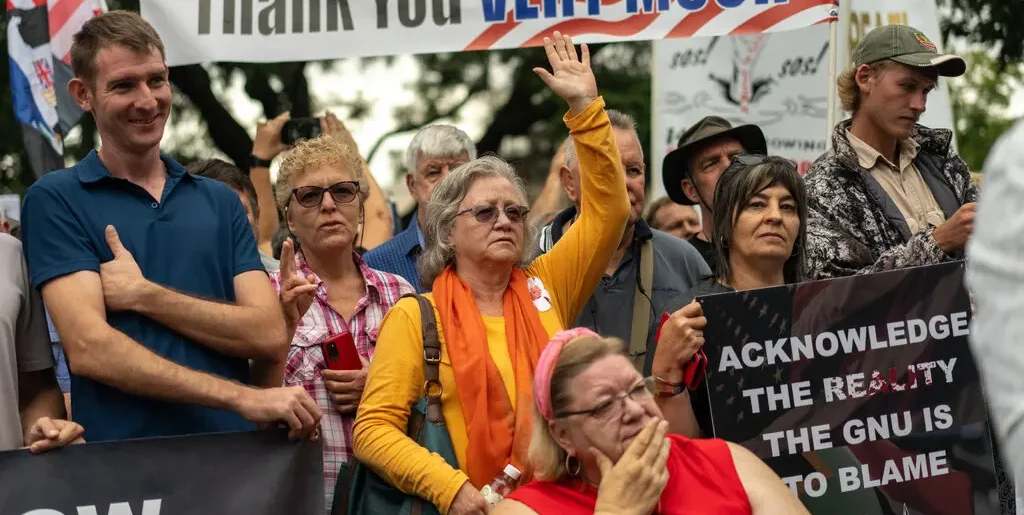The United States has long been revered as the premier destination for international students seeking world-class education and career opportunities. However, recent policy changes have cast a shadow over this reputation. In a move that has sent shockwaves through academic circles, the U.S. State Department has announced a temporary halt on new student visa appointments and plans to ramp up social media vetting for applicants.
Immediate Impact on Student Mobility
The directive, issued to U.S. consulates worldwide, suspends the scheduling of new appointments for F (academic), M (vocational), and J (exchange visitor) visas. While previously scheduled interviews will proceed, any unbooked slots are being withdrawn until further notice. This abrupt pause has left thousands of aspiring students in limbo, uncertain about their academic futures and forced to reconsider their plans.
Expanded Social Media Vetting: A Double-Edged Sword
Alongside the visa freeze, the State Department is preparing to roll out enhanced social media screening for all student visa applicants. Under the new protocols, consular officers will be required to scrutinize applicants’ online presence across platforms such as Instagram, X, and TikTok. Any posts deemed “potentially derogatory” will be captured and stored in the applicant’s file—even if deleted—and could serve as grounds for denial.
While the government justifies these measures as necessary for national security, critics argue that the policy risks overreach. The subjective nature of what constitutes “derogatory” content raises concerns about potential bias and infringement on free speech. For students from countries with strict internet regulations or those who have engaged in political activism, the vetting process could become a formidable barrier.
Broader Implications for U.S. Higher Education
The policy shift comes at a time of heightened scrutiny of elite American universities. Recent actions, such as the threatened termination of Harvard’s SEVP certification—which would bar the university from enrolling new international students—signal a broader crackdown on institutions perceived as hotbeds of dissent. Although a federal judge has temporarily blocked this move, the message is clear: international students and the universities that host them are under increased surveillance.
These developments are not without consequences. The uncertainty and perceived hostility are already prompting many prospective students to look elsewhere. Countries like Canada, Australia, and the United Kingdom, which have adopted more welcoming policies, are seeing a surge in applications from international students. The U.S. risks losing its competitive edge in attracting global talent, a cornerstone of its innovation ecosystem.
A Chilling Effect on Academic Freedom
Beyond logistical challenges, the new measures have sparked fears of a chilling effect on academic freedom. Students who have expressed support for causes such as Palestinian rights or participated in campus activism now face heightened scrutiny. High-profile cases, such as the detention of a Turkish Fulbright scholar for her political writings, have underscored the risks of speaking out. The expanded grounds for visa revocation—including minor infractions like traffic violations—further amplify the sense of vulnerability among international students.
Looking Ahead: Navigating the New Normal
As the U.S. continues to refine its vetting processes, the academic community must adapt to this new reality. Universities are being called upon to provide clearer guidance and support for international applicants, while advocacy groups are pushing back against policies perceived as discriminatory. For students, the path to an American education has become more arduous, requiring not only academic excellence but also careful management of their digital footprint.
Conclusion
The U.S. decision to halt student visa appointments and expand social media vetting marks a pivotal moment in the intersection of education, immigration, and national security. While the intent may be to safeguard the country, the collateral damage to its global academic standing and reputation for openness is undeniable. As the world watches, the U.S. must strike a delicate balance between security and the values of free expression and diversity that have long defined its educational institutions.

